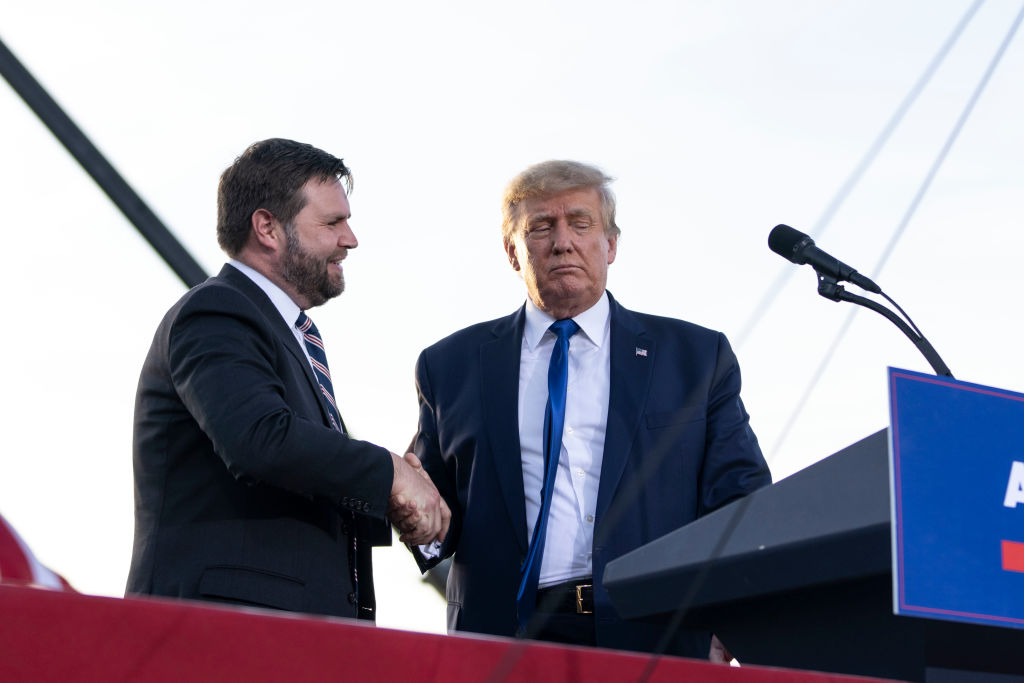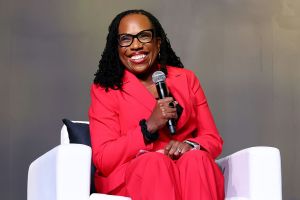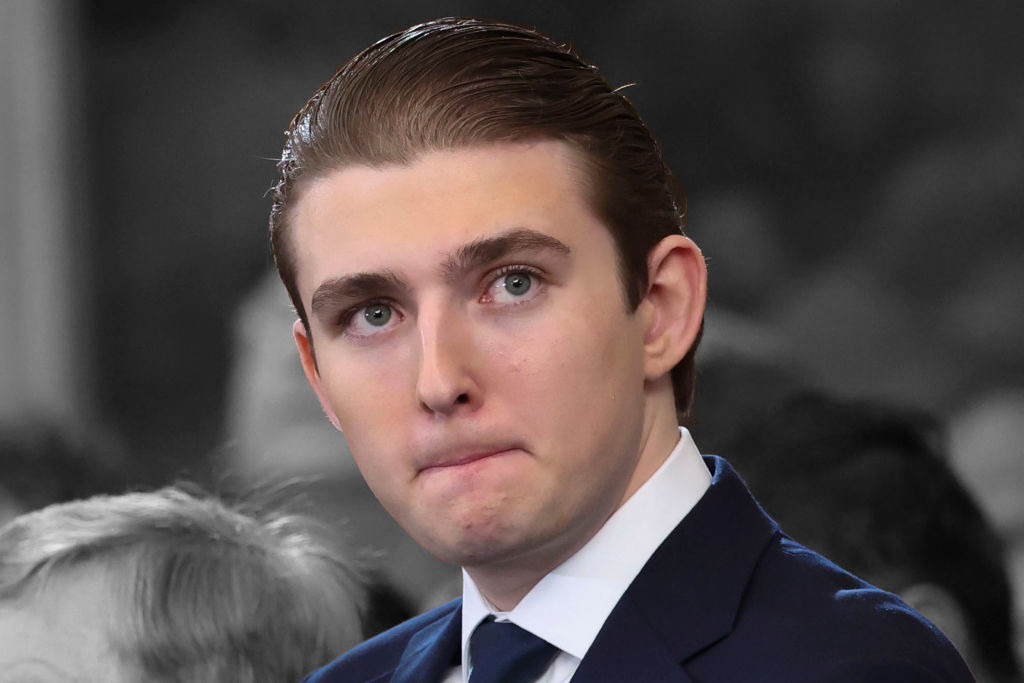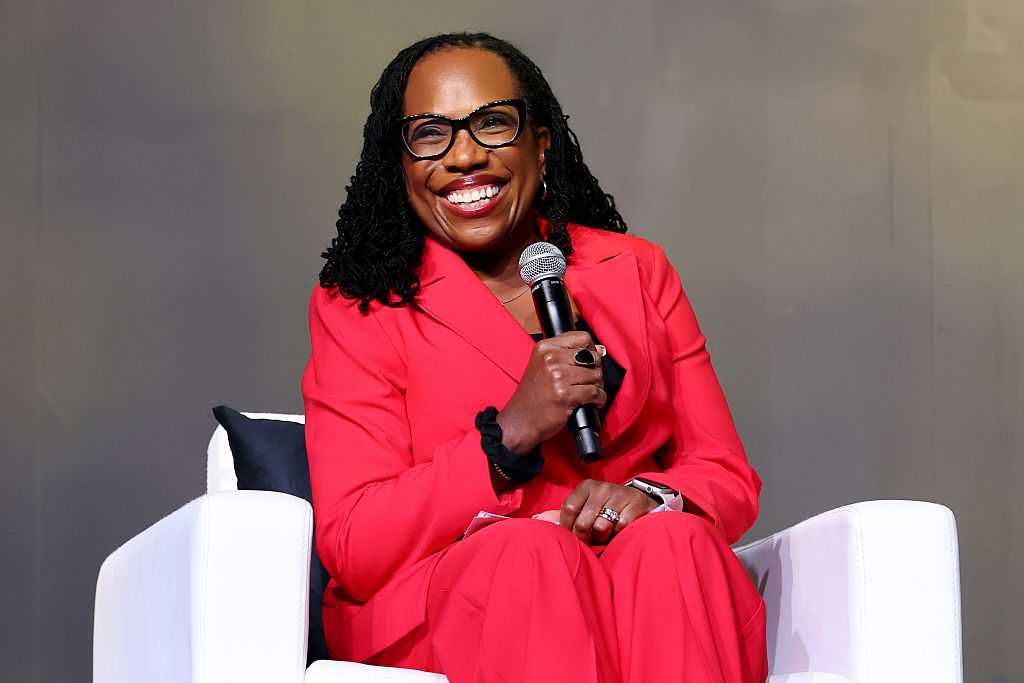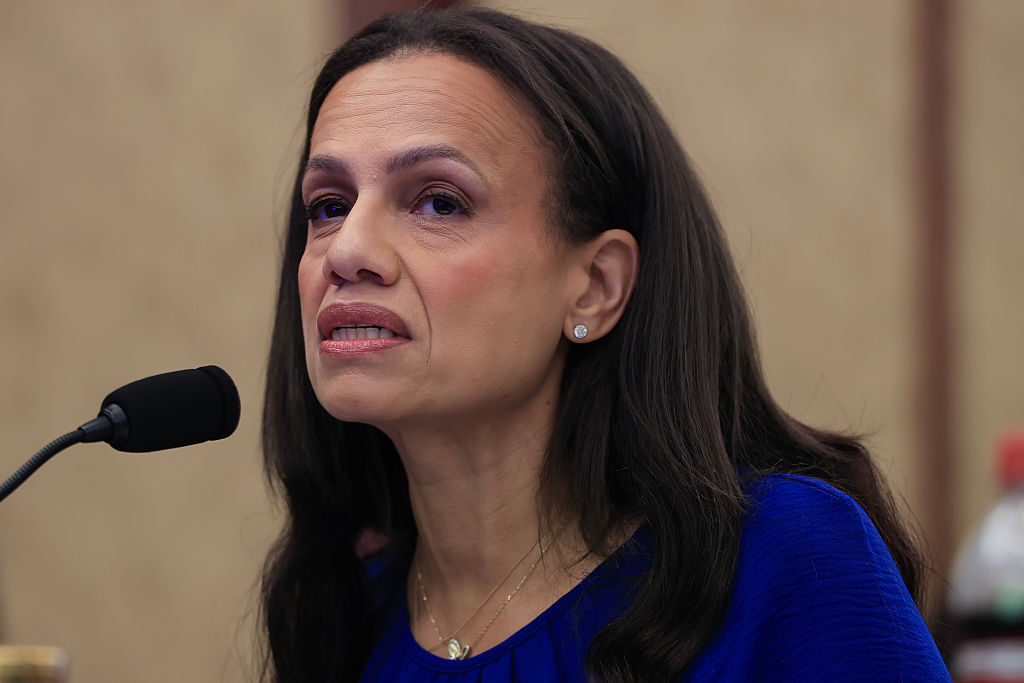With the collapse of Liz Cheney’s political career in Wyoming, Donald Trump’s supporters are fully ensconced in the vast majority of critical candidacies headed into November. He and his supporters have remade the GOP, at least for the moment, into a party devoted to the Trumpian America First agenda and running on that set of priorities — at least when it comes to the lip service they give to border concerns, trade, anti-globalism and culture war issues.
But will this be a Republican Party that actually delivers on these priorities should they receive voters’ endorsement in November? That’s a more questionable proposition.
The core problem that many traditional GOP forces have with a Trumpian agenda is one of prioritization, not of positioning. What do you spend your time in Washington devoted to? And if you choose wisely, how much of that agenda will be determined by traditional Republican forces, or by new activists and media figures with large bullhorns, but little in the way of policy experience?
The shibboleths of populism are easy to embrace as a candidate. But in office, the Trump agenda had more in accordance with Paul Ryan’s tax policy priorities as speaker of the House than the border wall issues pushed by backers like Steve Bannon, Stephen Miller and Ann Coulter.
Much of the problem in predicting the outcomes here is that so few of the candidates chosen by Donald Trump’s backers across the country have any policy record. Taking a position on a matter as a candidate and plugging away at the right bullet points is much easier in the absence of any past policy positions. For new candidates like Blake Masters, J.D. Vance, Mehmet Oz, Herschel Walker, Joe O’Dea and Daniel Bolduc, this opens up a wide range of possibilities for how they will approach the job of being a senator — and there are many others who will be totally new faces in the House.
So yes, it’s easy to say that Donald Trump has remade the GOP. But if he’s only remade it by replacing insiders with outsiders, the same activist and business forces that have determined the policy priorities of the right for decades will still be in place — and these outsider politicians may end up delivering outcomes that have more in common with the pre-neoconservative past than they do with a new form of populist conservative America First priorities.
If this turns out to be the case, it could be an indictment of systemic failure on the right to adapt to a new form of politics, one that can’t just be changed with leaders less beholden to the party establishment. And it would serve as a sign that the desperate attempt by Republican voters in 2016 to send a message about how wrong they thought their party was still hasn’t been received.



